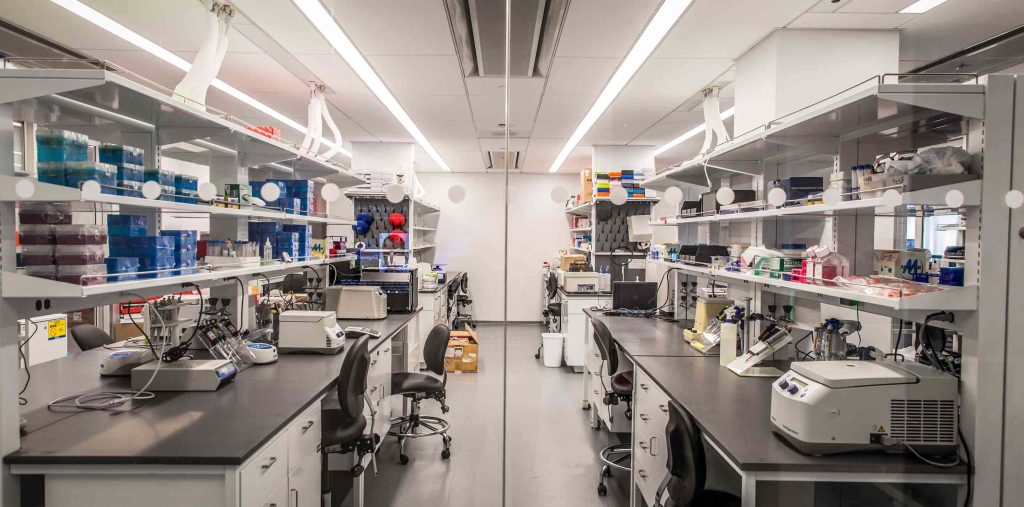Biochemistry, a multidisciplinary field at the intersection of biology and chemistry, holds the key to understanding the fundamental processes of life at the molecular level. It encompasses the study of biological molecules, their interactions, and their roles in various cellular functions. In our quest for scientific discovery, a dedicated biochemistry research program plays a pivotal role. This program aims to explore the frontiers of biochemistry, unlocking the secrets of life, and fostering breakthroughs with profound implications for medicine, agriculture, and environmental science.
Exploration of Biomolecular Interactions:
One of the primary goals of our biochemistry research program is to delve into the intricate web of biomolecular interactions. Understanding how proteins, nucleic acids, lipids, and metabolites interact is critical for deciphering biological processes. This exploration can lead to breakthroughs in drug discovery, as targeting specific interactions can modulate cellular functions and combat diseases. The program employs state-of-the-art techniques, such as mass spectrometry, X-ray crystallography, and nuclear magnetic resonance NMR spectroscopy, to map these interactions with precision.

Enzyme Mechanisms and Catalysts:
Enzymes are the biological catalysts that drive vital reactions in living organisms. Our research program focuses on unraveling the mechanisms of these remarkable molecules. Investigating how enzymes function at the molecular level offers insights into metabolic pathways and provides the foundation for designing novel biocatalysts. This knowledge has applications in biotechnology, from producing biofuels to developing sustainable agriculture practices.
Genetic and Epigenetic Regulation:
Genes and their regulation lie at the core of biochemistry. Understanding the genetic code, its expression, and how epigenetic modifications influence gene activity is central to our research program. We investigate the role of DNA, RNA, and chromatin in gene regulation. This research has far-reaching implications for fields like personalized medicine, where the genetic and epigenetic profile of an individual can inform disease diagnosis and treatment.
Molecular Basis of Diseases:
Biochemistry research is indispensable in the battle against diseases. Our program focuses on elucidating the molecular underpinnings of various diseases, including cancer, neurodegenerative disorders, and metabolic syndromes. By deciphering the biochemical basis of these diseases, we can identify new drug targets and therapeutic strategies. This not only offers hope to patients but also contributes to the development of precision medicine.
Structural Biology and Drug Discovery:
The program also delves into the realm of structural biology, seeking to unveil the 3D structures of crucial biomolecules. This knowledge is pivotal for drug discovery and design. Through structure-based drug development, we can target specific binding sites on proteins, enabling the creation of more effective and safer pharmaceuticals.
Environmental and Agricultural Applications:
Biochemistry is essential in addressing environmental and agricultural challenges. Our research program investigates the biochemical processes involved in sustainable agriculture, bioremediation, and renewable energy production. By harnessing the power of enzymes and understanding their interactions, we can develop eco-friendly solutions to mitigate environmental issues and enhance food production and go now.
The quest for biochemical breakthroughs is an ongoing and multifaceted journey. Through our biochemistry research program, we aim to advance our understanding of life’s fundamental processes, from biomolecular interactions to disease mechanisms. Such breakthroughs have the potential to revolutionize healthcare, biotechnology, and environmental science.